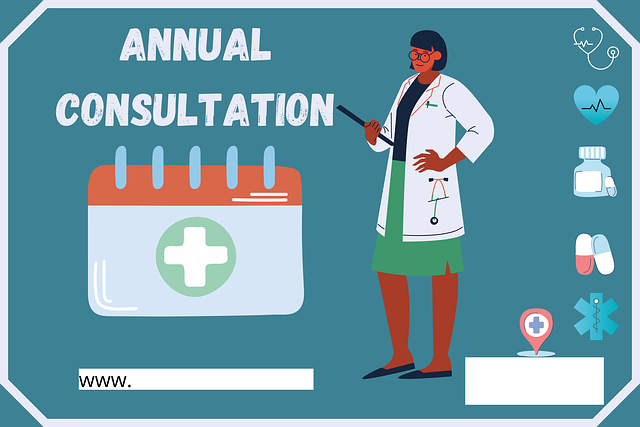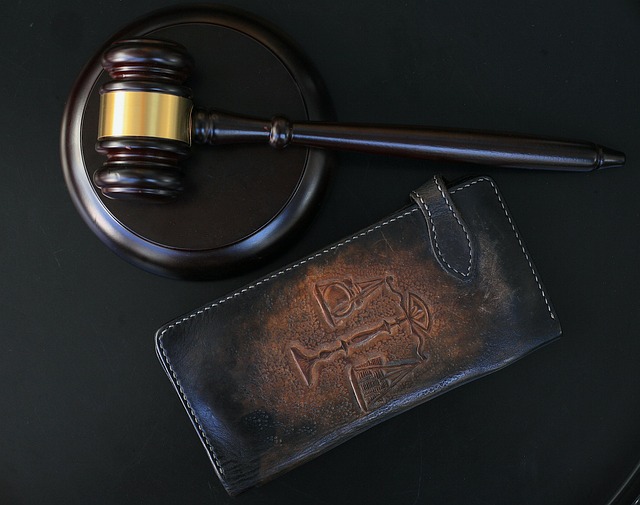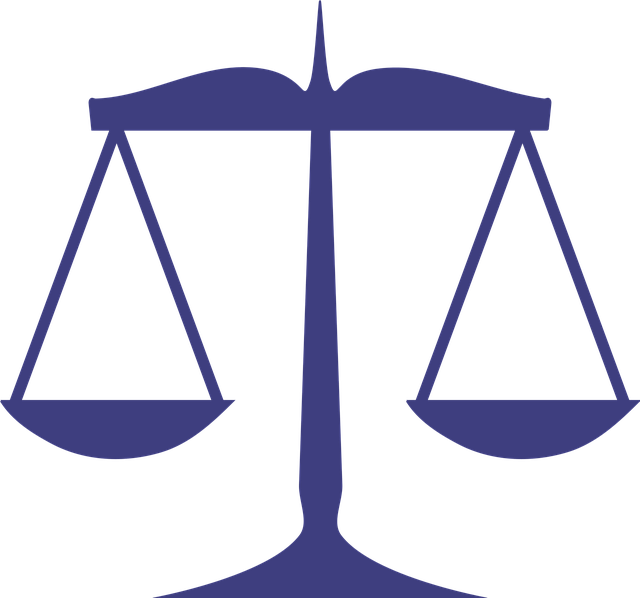Expert testimony is vital in complex personal injury cases, providing specialized knowledge and impartial analyses to establish liability, causation, and damages. These experts, including medical practitioners and engineers, interpret diagnostic reports, reconstruct accidents, and assess property damage. Credibility evaluation through rigorous cross-examination and scrutiny of qualifications, methodology, and biases ensures fairness and strengthens personal injury evidence in court, fostering a robust legal system.
In personal injury cases, expert testimony plays a pivotal role in presenting complex medical and scientific information to the court. This article delves into the crucial dynamics of expert testimony within the context of personal injury evidence. We explore how specialized experts unravel intricate details, aiding judges and juries in understanding causation, damages, and liability. By analyzing different expert types and their contributions, along with best practices for evaluating credibility, this guide illuminates the significance of robust expert testimony in navigating the complexities of personal injury litigation.
- Understanding Expert Testimony in Personal Injury Cases
- Types of Experts and Their Roles in Evidence Presentation
- Weighing Credibility: Challenges and Best Practices
Understanding Expert Testimony in Personal Injury Cases

In personal injury cases, especially those involving complex or severe damages, expert testimony plays a pivotal role in presenting and explaining intricate medical, scientific, or engineering aspects to the court. This type of evidence is crucial for establishing liability, determining causation, and quantifying damages, helping judges and juries understand issues that are beyond the typical understanding of laypersons.
Expert witnesses, often referred to as motor vehicle accident attorneys or car crash lawyers by those involved, are qualified professionals who offer impartial analyses and opinions based on their specialized knowledge. These experts can range from medical practitioners providing insights into a plaintiff’s injuries and treatment needs to engineers examining the scene of a car accident to reconstruct events. For individuals seeking justice through legal channels after a personal injury, understanding how expert testimony interacts with personal injury evidence is essential, particularly when working with a dedicated car accident attorney to navigate such complex cases effectively.
Types of Experts and Their Roles in Evidence Presentation

In the realm of personal injury evidence, various expert witnesses play pivotal roles in helping juries understand complex medical and scientific aspects of a case. These experts can be categorized into several types, each contributing uniquely to the presentation of evidence. For instance, medical experts, often including physicians and specialists, are crucial for interpreting diagnostic reports and explaining the causation and impact of injuries on a plaintiff’s health and lifestyle. They provide insights into long-term care needs and potential disabilities, which significantly influence damages in personal injury cases, especially involving severe or permanent injuries.
Another critical category is forensic experts, who apply their specialized knowledge to analyze evidence related to the incident. This may include accident reconstruction specialists who use physics and engineering principles to determine liability in car crashes or wrongful death claims. Homeowner insurance claims often rely on these experts to assess property damage and provide estimates for repairs or replacements. An Orlando personal injury lawyer may engage such professionals to strengthen their client’s case, ensuring a comprehensive and scientifically sound presentation of evidence before the court.
Weighing Credibility: Challenges and Best Practices

Evaluating the credibility of expert witnesses is a pivotal aspect of any personal injury case, as their testimony can significantly sway the outcome. When presented with complex medical or scientific opinions, judges and juries must carefully scrutinize the witness’s qualifications, methodology, and potential biases. The challenge lies in distinguishing reliable from unreliable evidence, especially when dealing with subjective assessments.
To ensure fairness, best practices involve thorough cross-examination to expose any weaknesses or conflicts of interest. Personal injury lawyers should delve into the expert’s training, experience, and peer recognition to validate their expertise. Additionally, understanding the underlying principles and staying updated on relevant research can help legal professionals navigate the intricacies of expert testimony, ultimately enhancing the overall strength of personal injury evidence in court. This meticulous approach ensures that only credible and qualified experts contribute to the decision-making process, fostering a robust legal system within business litigation and accident attorney practices.
Expert testimony plays a pivotal role in personal injury evidence, providing crucial insights that can significantly sway court decisions. By understanding the various types of experts and their specialized roles, as well as adopting best practices for evaluating credibility, both plaintiffs and defendants can ensure fair and accurate presentations of their cases. This strategic approach enhances the overall integrity of personal injury evidence, ultimately leading to more just outcomes.






